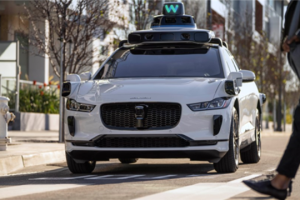June 10, 2025 – In an interview with Bloomberg conducted last week, Sundar Pichai, the CEO of Alphabet, Google’s parent company, shared his insights on the future of artificial intelligence (AI), including his views on artificial general intelligence (AGI), the impact of AI on employment, and the ongoing antitrust allegations against Google.
Pichai began the interview by expressing optimism about the growth prospects of Google Search in the near future, despite the rapid advancements in AI. He highlighted that the opportunities presented by AI are “greater than ever before” and emphasized Google’s strong confidence in the progress of its AI project, Gemini.
Addressing the wave of layoffs in Silicon Valley, Pichai stated that he anticipated expanding the engineering team by 2026, as AI would empower engineers to accomplish more. He stressed that the purpose of AI is to enhance efficiency, allowing engineers to focus on more valuable tasks by automating mundane and repetitive aspects of their work.

When questioned about the potential of AI to replace human workers, Pichai acknowledged that while AI has shown promise in tasks like coding, it still falls short in basic functions, occasionally making simple mistakes. He cited the example of autonomous driving technology, such as Waymo, which has achieved remarkable breakthroughs, yet noted that a human can learn to drive in just 20 hours—a level of generalized learning that current AI struggles to replicate efficiently.
Turning to the topic of AGI, Pichai expressed a cautious outlook. While he acknowledged the vast potential of AGI, he emphasized that humanity is still far from achieving this technology with the current state of AI. He remarked that no one could confidently assert, “We are currently on the path to AGI.”
Finally, regarding the antitrust accusations against Google, Pichai refuted the court’s claims, arguing that consumers now have more choices than ever before and that they opt for Google’s products due to their quality.
AGI, or Artificial General Intelligence, refers to AI systems that possess intelligence equal to or surpassing that of an average human, capable of exhibiting all the intelligent behaviors that a normal human can. Pichai’s remarks provide a nuanced perspective on the current state and future trajectory of AI, particularly in the context of AGI and its implications for the workforce and the tech industry.












